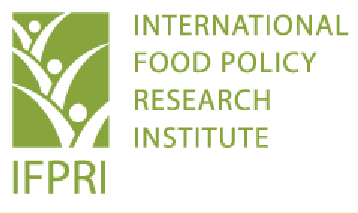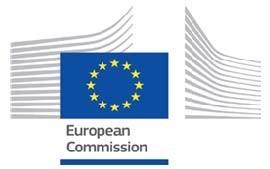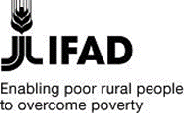
In 2011, agricultural ministers from the G-20 countries met in Paris to discuss how best to mitigate the adverse effects of price volatility following the food price shocks of 2007-08 and 2010-11. One of the outcomes of the ministerial was the creation of the Agricultural Market information System (AMIS), which aims to provide better and more timely information on market supply and demand and thus to enable more informed policymaking. Another outcome was the support of a pilot program to establish a regional humanitarian grain reserve in the ECOWAS countries of West Africa. The reserve would function as an emergency stockpile from which countries could pull grain to meet short-term humanitarian needs during times of drought or other production shortfalls. The reserve was designed to have enough grain to help countries manage their domestic needs until imports or food aid could arrive (typically 2-3 months). The rationale for the regional reserve was that by pooling risks across the region, a smaller reserve would be necessary than if every country were to maintain sufficient stocks on its own.
As part of ongoing research on regional reserves funded by EC-IFAD, IFPRI researchers are currently working with ECOWAS authorities, ECOWAS members, and other regional actors to develop this regional humanitarian reserve. The research includes analysis of key design issues such as 1) the size and location(s) of the reserve, 2) the rules governing procurement, release, and replenishment of the reserve, and 3) the composition of the reserve (which grains and whether or not to include cattle feed). The research also includes an overview study that examines governance and other design issues.
One important governance issue is how the regional reserve will interact with national and local reserve authorities. Public stockholding schemes often crowd out private stockholders, thus diminishing the potential stabilizing role that private market participants can offer. The presence of a regional reserve can also potentially create moral hazard issues; countries may feel like they do not need to hold as many stocks as they would in the absence of the regional reserve. This could diminish the effectiveness of the regional reserve, as it is meant to augment, not replace, national reserves.
The forthcoming IFPRI report compares the ECOWAS reserve proposal to other reserve architecture, including the ASEAN Plus Three Emergency Rice Reserve, a regional rice reserve operated by the ASEAN countries. Modeling efforts are also underway to examine location and sizing issues, with a report scheduled for publication later in the year. In addition, public stockholding has been a focus in recent negotiations in the World Trade Organization; some Members are concerned that current domestic support disciplines are overly restrictive insofar as public stockholding programs are concerned. Recent papers by Joe Glauber and Eugenio Dias-Bonilla discuss potential modifications to current rules which would make humanitarian reserves of the sort proposed by ECOWAS compatible with WTO rules and would alleviate other Members’ concerns that changes could undermine domestic support disciplines.


